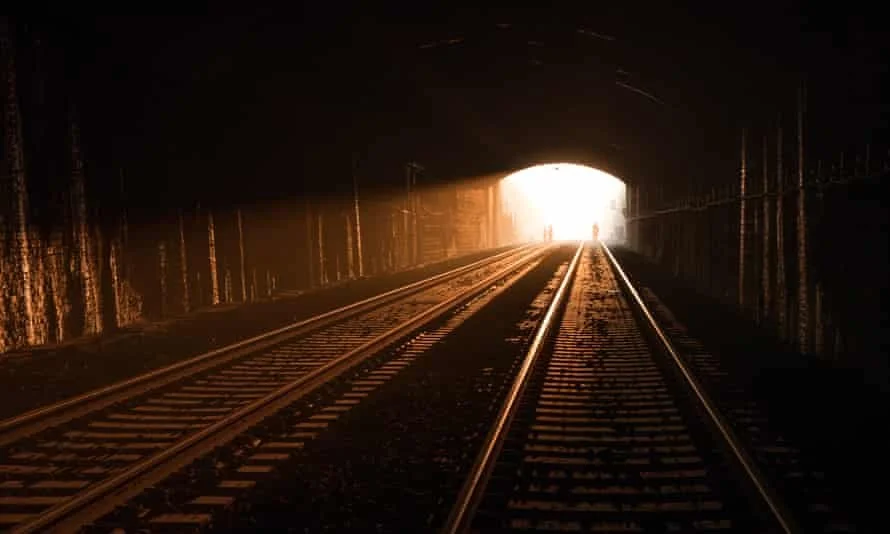In the aftermath of Xmas and New Year, yet another set of work from home guidelines and the now seemingly here for good adoption of hybrid working, my commute by train into London this week has been significantly less busy than those distant pre-pandemic days. And I have to admit I’m unsure as to whether this can be uniformly categorised as ‘a good thing’.
Some might argue that many of us have benefitted from getting back millions of wasted commuting hours, not to mention the money it’s saved us. We’ve seen more of our families, had more time for our hobbies, and in some cases found our productivity rise significantly.
Set against that is the lack of workplace camaraderie our physical absence has undoubtedly contributed to, the associated weakening of organisational cultures, and the broader desolation of city centre businesses whose lifeblood is commuter footfall. All of which are strong arguments for leaders to ponder, but maybe not enough to convince those of us who work for them to get out of bed two hours earlier, leave home while it’s still dark and spend £12 on a soggy breakfast while sat on the train.
Once we get through the latest Omicron steeplechase I’m not sure that, left to their own devices, organisations and their people will return to a natural balance that easily. Many leaders are contemplating how to deal with a workforce that is understandably tired and fragile, while at the same time demanding they get back to the office so they can start to rebuild a sense of collective endeavour. And while employer and employee will no doubt continue to barter with their sticks and carrots, perhaps there is a role here for some kind of third party intermediation too.
Having spent most of my career in communications, my natural inclination is that some form of funky advertising would be the answer. At the risk of sounding like another victim of the communification of marketing, surely a high profile campaign would be able to entice workers out of their slumber and back to their desks in their millions. Maybe. But it is very dark and very cold outside at 7 in the morning at the moment, so it had better be a bloody good campaign and, of course, extremely well funded.
Yes. But. Over the past 18 months, trains have run near full timetables but at times with hardly any passengers. The government has already provided train operating companies with £15 billion in emergency funding to enable them to do so. A few months ago, the guys at Landmark Space suggested we give some of that subsidy to commuters as and when they head back into town, either in the form of discounted rail tickets or even better vouchers to spend while they’re there. The more I think about it, the more genius the idea seems.
Two reasons for sharing this now. First, because I think getting people back together again will need a little bit of a prod in the coming weeks. And second, because it’s made me realise again that great marketing doesn’t always have to look like great marketing, so long as it produces the right outcome.

